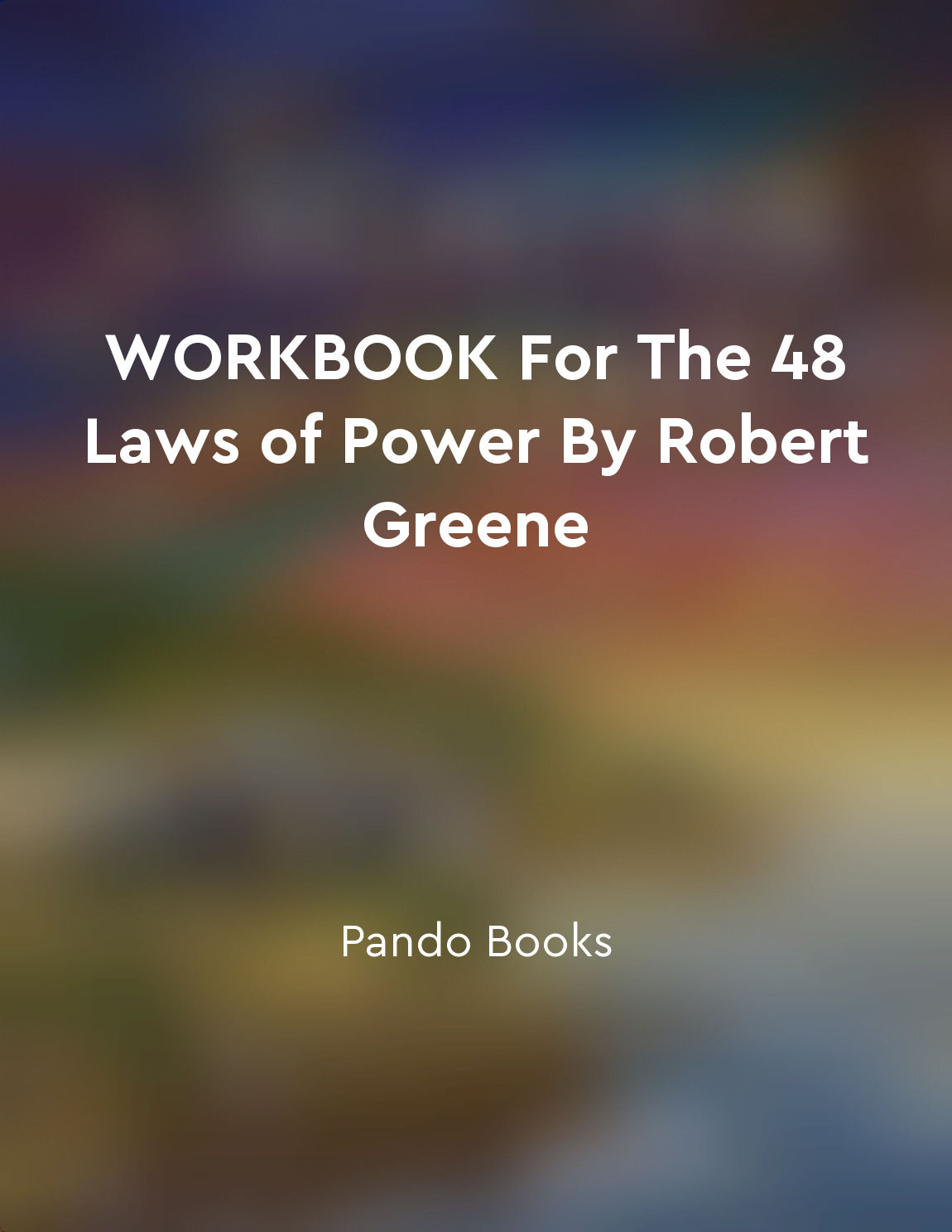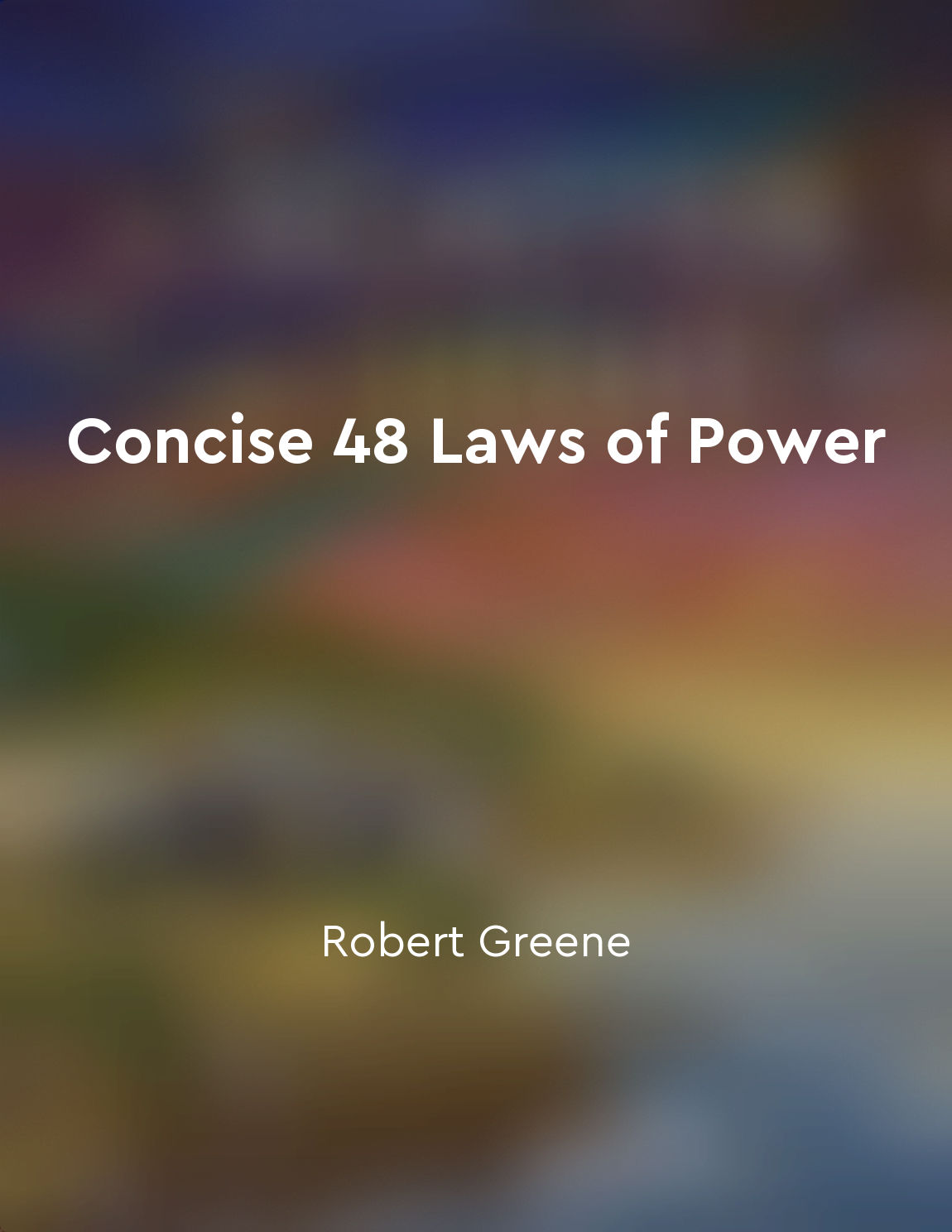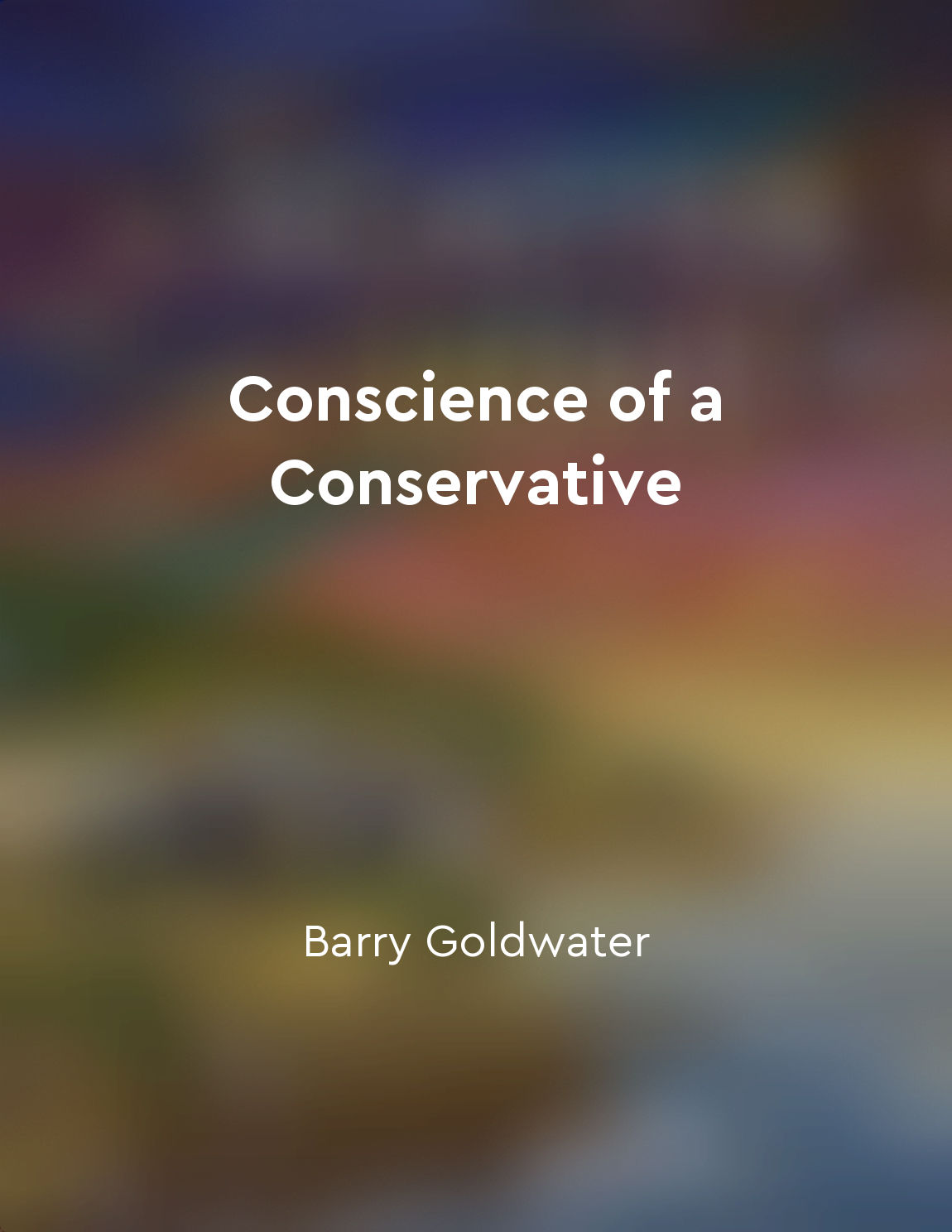Power separation from "summary" of Indian Polity and Constitution Book by Mocktime Publication
Power separation is a fundamental principle of a democratic system of governance. It involves the division of governmental powers into three distinct branches - the legislature, the executive, and the judiciary. Each branch is assigned specific functions and responsibilities, and no branch is allowed to encroach upon the powers of the other branches. This separation of powers is essential to prevent any one branch from becoming too powerful and potentially abusing its authority. The legislature is responsible for making laws. It is composed of elected representatives who debate and pass legislation that reflects the will of the people. The executive branch, headed by the Prime Minister or President, is responsible for implementing and enforcing the laws passed by the legislature. It also oversees the day-to-day administration of the government. The judiciary, on the other hand, is responsible for interpreting the laws and ensuring that the...Similar Posts
Power dynamics are pervasive in every aspect of our lives
Power dynamics are like the air we breathe - invisible yet constantly shaping our interactions, decisions, and relationships. F...

Recognizing the value of reputation
Understanding the value of reputation is crucial in the game of power. Your reputation precedes you and can either work in your...
Power empowers individuals to reach their full potential
The concept that power empowers individuals to reach their full potential is a fundamental principle that underlies the dynamic...

Create a reputation for yourself through bold actions
Bold actions have the power to create a lasting impression on others. When you take risks and act boldly, you set yourself apar...
The constitution should be based on reason
A constitution should be based on reason, for it is through reason that humans are able to govern themselves in an orderly and ...
Know when to be ruthless and when to show mercy
In the game of power, one must be able to navigate the fine line between being ruthless and showing mercy. Knowing when to unle...

Freedom is essential for a thriving society
Freedom is the bedrock upon which a thriving society is built. It is the fundamental principle that allows individuals to pursu...
Gender and politics
Gender and politics are intertwined in the fabric of society, influencing power dynamics and decision-making processes. Histori...

Fundamental duties are essential for citizens
The Constitution of India imposes, by Article 51-A, certain duties on every citizen. These duties are called "fundamental" beca...
Amendments to the Constitution ensure relevance
The Constitution of India is a living document that has been able to survive for over seven decades due to its ability to adapt...
